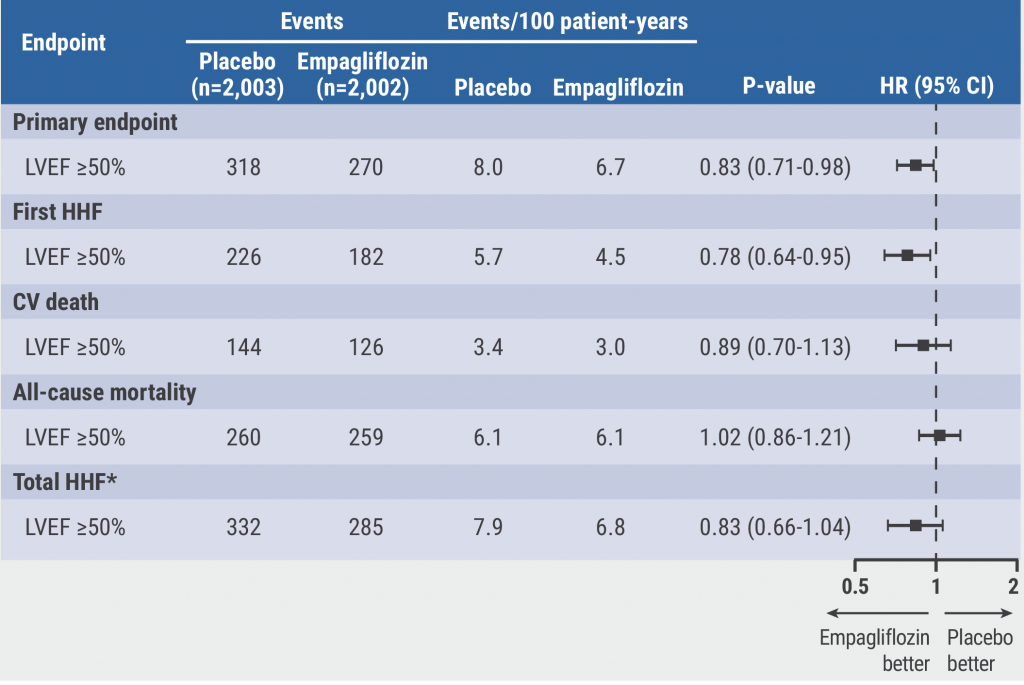Researchers tested the effectiveness of speech analysis software for recognizing decompensation among 40 adults with acute decompensated heart failure admitted to the hospital. Participants recorded five sentences using the HearO speech processing and analysis software at the time of admission and again at discharge.
Overall, researchers analyzed a total of 1,484 voice recordings. They found that recordings done at discharge were significantly different from the corresponding recordings done at admission in 94% of cases.
"Changes in speech are often heard in very ill patients," said study co-author Dr. William Abraham, a professor of medicine, physiology, and cell biology at the Ohio State University Wexner Medical Center in Columbus.
In heart failure patients, such changes in speech are primarily due to pulmonary edema and to edema of the vocal cords and upper airways, Dr. Abraham said by email.
"Whereas the clinician's perception of speech change may be subjective and occur late in the course of worsening heart failure, the HearO system may provide a more sensitive assessment of speech change with the potential to identify worsening heart failure remotely and earlier in its course," Dr. Abraham said.
Researchers focused on four distinct speech measures with varied combinations of characteristics. One speech measure, for example, was characterized by high temporal resolution, autoregressive model for the spectrum, and symmetric version of a nonlinear spectra ratio. Another speech measure, by contrast, was characterized by high temporal resolution, nonlinear amplitude and frequency mapping, and Euclidean distance.
Overall, speech measures changed from admission to discharge for 87.5% of patients, researchers report in JACC: Heart Failure. For each of the five distinct speech measures examined in the study, the proportion of patients with different-sounding voice recordings from admission to discharge ranged from 92.5% to 95.0%.
Limitations of the study include its small size, the single-center patient population, and the lack of follow-up beyond discharge, the authors note. It's also possible that some patients may have been discharged with lingering pulmonary edema that might have influenced the study outcomes.
Even so, the type of active speech analysis used in the study may, if validated by additional research, become an important tool for assessing heart failure patients, write the authors of an editorial accompanying the study, Dr. David Kao of the University of Colorado School of Medicine in Aurora and Dr. Neal Ravindra of the Yale School of Medicine in New Haven, Connecticut. (Dr. Kao didn't respond to emails seeking comment)
"Although nascent, use of commonly available mobile technologies suggests potential for wide use compared with highly invasive strategies requiring dedicated hardware," they write in the editorial. "Extensive development and validation are required before clinical use, but success in a use case such as HearO may pave the way for even more convenient and generalizable strategies."
SOURCE: https://bit.ly/33y91ep and https://bit.ly/3tJom6R JACC: Heart Failure, online December 8, 2021.
By Lisa Rapaport
Posted on
Previous Article
« Zinc may worsen rheumatoid arthritis, lab study suggests Next Article
Clinical score helps gauge benefit from radionuclide therapy for NETs »
« Zinc may worsen rheumatoid arthritis, lab study suggests Next Article
Clinical score helps gauge benefit from radionuclide therapy for NETs »
Related Articles

July 16, 2024
Effects of semaglutide on MACE irrespective of HF status
© 2024 Medicom Medical Publishers. All rights reserved. Terms and Conditions | Privacy Policy
HEAD OFFICE
Laarderhoogtweg 25
1101 EB Amsterdam
The Netherlands
T: +31 85 4012 560
E: publishers@medicom-publishers.com

